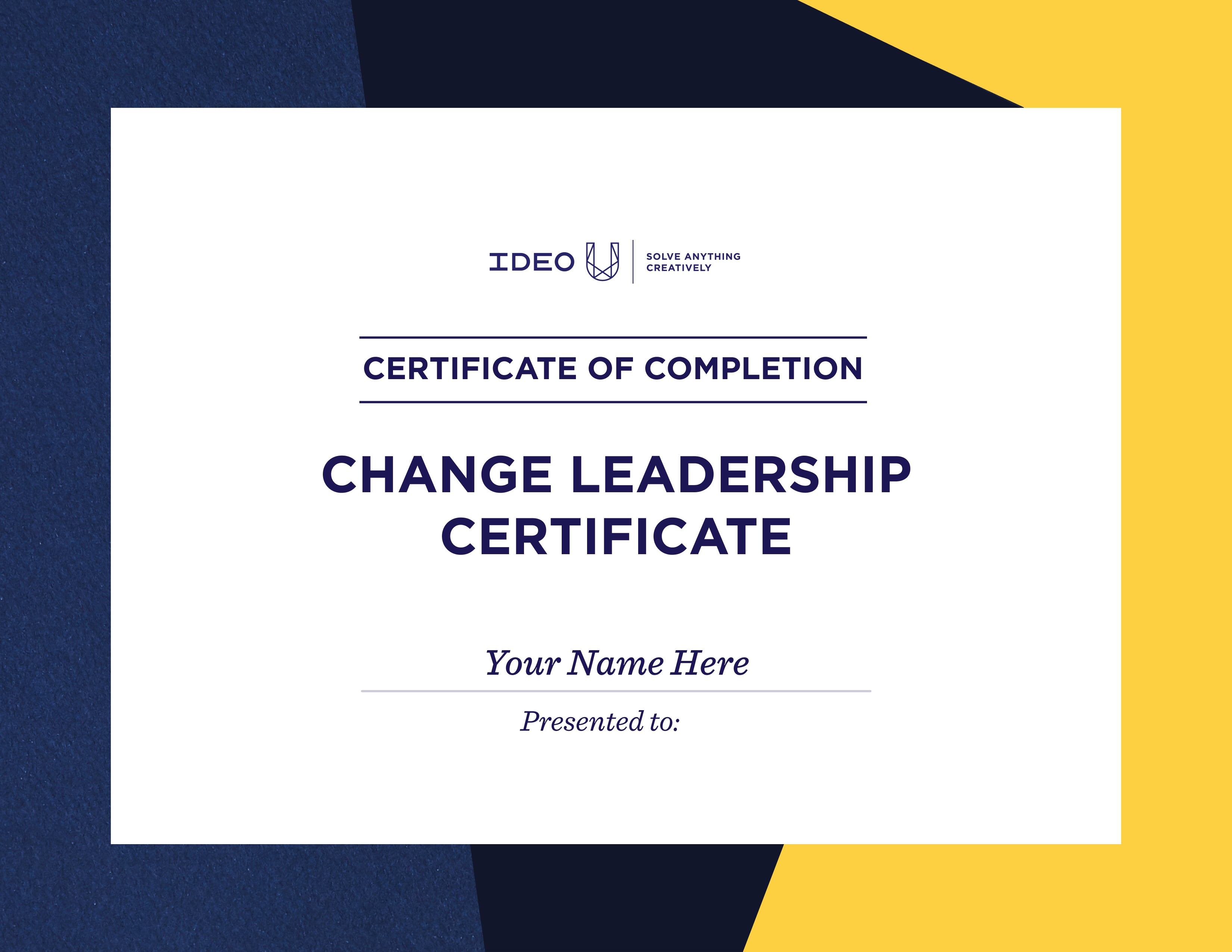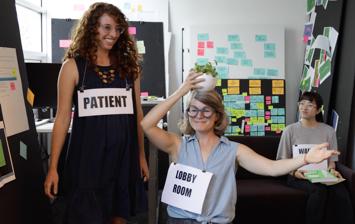

Human-Centered Systems Thinking Course
Human-Centered Systems Thinking Course
Go Deeper with Certificate Programs
Human-Centered Systems Thinking is part of a certificate program:
What You'll Learn
 Week 1: Overview
Week 1: Overview
Watch a sneak peek
-
Human-Centered Systems Thinking – A sneak peek of the course
1 Video Lesson
-
Zooming In and Out - Bringing a human-centered lens to systems thinking.
1 Assignment
-
Define Your Systems Challenge: Choose a systems challenge from your work to help you practice and apply the mindsets and methods outlined in this course. Define your challenge in the form of a question. If you do not have a systems challenge at work, you can choose one as a model.
1 Discussion:
-
If you're familiar with systems thinking, what are some ways that you bring this mindset to your work? If you're not, how might your work benefit from a systems view?
 Week 2: Visualize the System
Week 2: Visualize the System
3 Video Lessons
-
Uncover the Connections - Make sense of the relationships and interactions
between stakeholders. -
Make it Visible - Break down a complicated process
-
Go Beneath the Surface - Focus on solving the root causes of a problem
1 Assignment
-
Create a Systems Map: Choose one type of systems map based on your systems challenge and create the first iteration of it to share with your peers. Reflect on what you learned from the process.
3 Discussions
-
What are some other types of maps and tools you use to make sense of complexity?
-
What strategies do you use to align different perspectives and build a shared understanding?
-
Have you noticed any patterns of behavior in your own work? What might be the underlying structures or mindsets that contribute to these behaviors?
2 Resources
-
Three Ways to Map a System: Get guidance on how to choose the best map for your systems challenge.
-
Systems Map Gallery: Get inspired by examples of how others have visualized their systems.
 Week 3: Humanize the System
Week 3: Humanize the System
3 Video Lessons
-
Listen to the System - Uncover the needs, challenges, and motivations of the people in
your system -
The Power of Perspective - Unlock new ways of seeing and thinking
-
Look for Leverage - Look beyond the obvious solution
1 Assignment
-
Conduct a Stakeholder Interview: Choose one stakeholder from your systems map and conduct an in-depth interview. Then reframe your systems challenge and identify an opportunity for redesign.
3 Discussions
-
Think about the last system you interacted with. What was your experience and how did it influence your perspective?
-
What are techniques you like to use to help you get a new perspective on a challenging problem or situation?
-
Think back to a situation where a small shift, either in your personal or professional life, had an outsized impact. What was the change and how did it affect you and/or others?
 Week 4: Redesign the System
Week 4: Redesign the System
4 Video Lessons
-
Activate the Levers of Design - Redesign systems in small but effective ways
-
Prioritize for Impact - Evaluate the impact and feasibility of different solutions
-
Experiment with the System - Test your ideas and deepen your understanding of your system
-
Surface your Learnings - Draw out insights from your prototype
1 Assignment
-
Test Solutions: Pick 1-2 ideas around each design lever and then choose 1 that is potentially high impact and easy to implement. Build a small prototype, test it out, and reflect on the outcome.
4 Discussions
-
Prototyping helps us explore how a system works, feels, responds to change. Of the three, which resonates the most with you, and why?
-
Which levers do you have the most control over in your organization? Which have you used to create positive change and improve outcomes?
-
Think about a time when you or others made a decision or implemented an idea that had unintended consequences. What was the outcome?
-
What is one small experiment you could try today that would be meaningful to learn from?
2 Resources
-
Prototyping Primer: Get familiar with the process of prototyping.
-
Prototyping Gallery: Get inspired by examples of how others have approached prototyping.
 Week 5: Looking Ahead
Week 5: Looking Ahead
1 Video Lesson
-
Systems Change by Design - Expanding your sphere of influence.
1 Assignment
-
Envision the Future: Imagine that you learned from your experiment, and kept iterating and experimenting over a period of time. Write a story from the future about how you were able to shift the system toward a better outcome.
1 Discussion
-
After learning about the mindsets and methods of human-centered systems thinking, are there any big complex challenges that you feel inspired to take on?
Meet Your Instructors
Deirdre Cerminaro
Former Executive Design Director, IDEO
Deirdre was an Executive Design Director and co-lead of the Systems & Strategy practice at IDEO. As a former architectural designer with a background in business and psychology, she has a knack for breaking down complex systems and finding simple levers to drive lasting change. She is passionate about bringing a human-centered lens to intractable systemic challenges, especially in education where much of her work had focused at IDEO.
Frequently Asked Questions
We offer three types of courses: self-paced courses, cohort courses, and certificate programs. Cohort courses run on a set calendar, with fixed start and end dates. Course learning is self-paced within those dates and requires approximately 4-5 hours per week over 5 weeks. Courses consist of videos, activities, assignments, access to course teaching teams, and feedback from a global community of learners. There are also optional 1-hour video Community Conversations, held weekly by the teaching team.
All of our cohort courses are fully online, so you can take them from any time zone, anywhere in the world. With our cohort course experience, while you'll be learning alongside other learners, you'll still have the flexibility to work at the pace that fits your own schedule. There aren’t mandatory live components, so you don't have to worry about having to log in at a specific time. At the same time, you'll have access to a teaching team, which is composed of experts in the field who are there to provide you feedback, and there are also plenty of options to connect with your fellow learners.
Course instructors have a strong presence in the courses through the course videos, but they're not actively providing feedback or holding direct conversations with our learners. We have a teaching team to ensure that you have the feedback, guidance, and support you need to learn successfully in your course. Our teaching team members are design practitioners that have experience applying course methods and mindsets in a wide variety of contexts around the world.
Our teaching team consists of teaching leads and teaching assistants, who are experts in their fields. Many of them have been with IDEO U for many years, and we have selected those who have direct experience with applying the course methods and mindsets in all sorts of contexts around the world. They all go through multiple training sessions by our instructional designers on not only on the subject matter, but also on how to create safe and collaborative learning experiences and environments.
Community Conversations are one-hour live video conversations hosted by the teaching team on Zoom. These happen once per week, with each one having two to three time options to accommodate different time zones. Each week focuses on the lesson that you’ve just gone through, so the output and the content depend on the specific lessons. You'll have the opportunity if you work together with your peers on the tools and mindsets from the course, reflect on what you’ve learned, and also address any challenges that you might be going through.
All course materials, including videos, activities, and assignments will be available while you are enrolled in a course. During the 5 weeks of the course, you will have full access to our learning platform and can refer back to it any time. You will only have access to the course materials while you are enrolled.
Assignments must be submitted during the 5-week course duration in order for you to receive a certificate of completion.
Absolutely! We have had many teams go through our courses together. For those taking our courses as a team, we provide a number of additional benefits:
1. A Team Learning Guide, developed to provide your team with resources to facilitate offline discussions that complement the in-course experience.
2. A Manage Learners function, which provides visibility into your team's progress within the course.
3. The ability to create a private Learning Circle, which is a closed space for discussion on the learning platform specifically for your team.
For more information, visit our Team Learning page.
We offer a discount when you enroll in multiple courses at the same time through some of our certificate programs, including Foundations in Design Thinking, Business Innovation, Human-Centered Strategy, and Communicating for Impact.
You can also enter your email address at the bottom of this page in order to receive updates on future offers or possible discounts.
We also offer financial assistance for teachers, students, nonprofit workers, and those in need of government assistance – check out the financial aid application for more information and to apply for financial support. Please allow some time for the verification to process, so plan ahead if you are looking to join a course soon.
After completing a cohort course, you will be able to add it to your “licenses and certifications” on LinkedIn.
We also have certificate programs that consist of multiple courses. After completing a certificate, you will receive a certificate of completion via email as a downloadable PDF within 1-2 weeks of completing the final required course. Certificates are configured for uploading and sharing on LinkedIn.
You can purchase a course on our website using a credit card, PayPal, or Shop Pay. For US customers, we also offer installment plans at checkout if you use the Shop Pay method of payment.
We typically are not able to accommodate bank transfer or invoicing. However, if your order includes 10 seats or more, please contact hello@ideou.com and our team will be happy to review your request.
Collaborate with a Global Community
Work with Expert Coaches
Our teaching team has extensive applied industry knowledge. They'll help deepen your understanding and application of the course content by facilitating written discussions, live video moments, and assignment feedback.
Expand Your Network
Join virtual live discussion groups for deeper conversation, reflection, and connection led by teaching team members and available multiple times a week across time zones.
Receive Feedback
Gain tips, techniques, and a downloadable feedback guide; and share and receive feedback on assignments from peers.
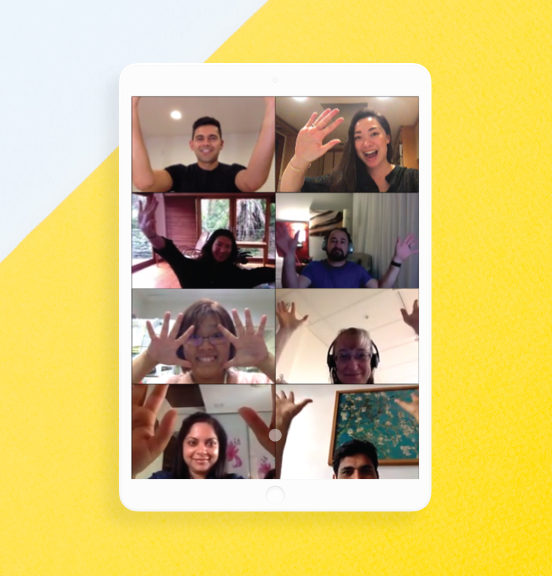
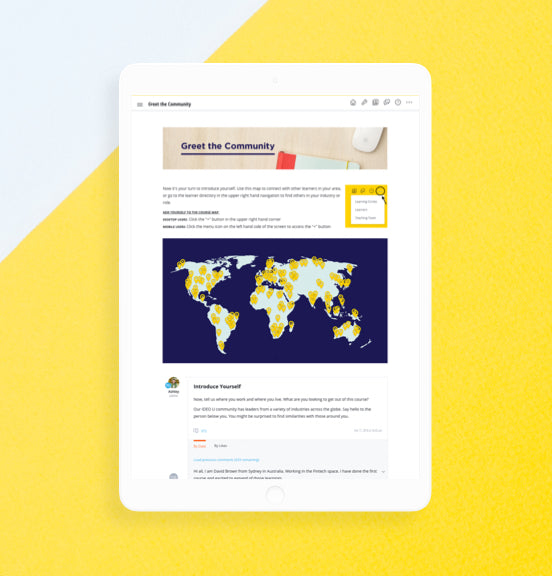
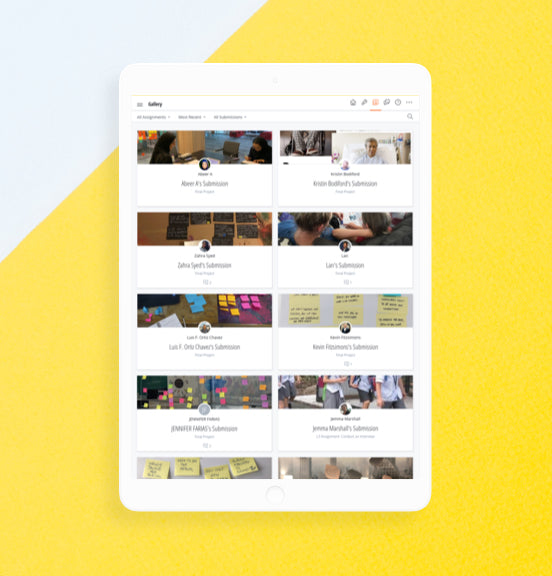
Loved by Learners Across the Globe
Human-Centered Systems Thinking Course
Cohort Course“For me, the most exciting application of human-centered design is when it is aimed at reimagining the complex systems of our society—like education or healthcare—that are full of promise but also fraught with inequalities. This is also the space where systems design is needed the most.”
Human-Centered Systems Thinking Course
Cohort Course“I've never met a designer who is able to fuse the crafts of systems thinking and human-centered design more effectively. Deirdre effortlessly sensemakes complex systems. And perhaps most importantly, she's a teacher and a leader who is a master at enabling others to embrace the skills and mindsets of systems design”
Human-Centered Systems Thinking Course
Cohort Course“Public education, decentralized finance, the energy ecosystem—these are examples of systems too complex and distributed to shift through a top-down solution. Deirdre is a dynamic systems designer who shares her knack for simplifying the complex and uncovering human-centered opportunities for change.”
Human-Centered Systems Thinking Course
Cohort Course“Deirdre is both process driven and intuitively insightful when it comes to systems design. She has helped us design complex systems at the service of reimagining a better learning systems for all Peruvians... she just rocks!”
Learners Also Purchased
-
Designing for Change
Start small, start with people, start nowCohort Course 5 Weeks- Regular price
- $799
- Sale price
- $799
- Unit price
- per
-
Leading Complex Projects
An adaptable approach to deliver stronger outcomes in changing conditionsCohort Course 5 Weeks- Regular price
- $799
- Sale price
- $799
- Unit price
- per
-
Human-Centered Service Design
Design the moments that matterCohort Course 5 Weeks- Regular price
- $799
- Sale price
- $799
- Unit price
- per

Enroll As a Team
The practice and application of design thinking, innovation, and creativity is highly collaborative and team based—which is why we believe that learning is better together. Take a course as a team and develop new skills and mindsets, have deeper discussion during course kickoff and debrief sessions, and build a shared understanding.

